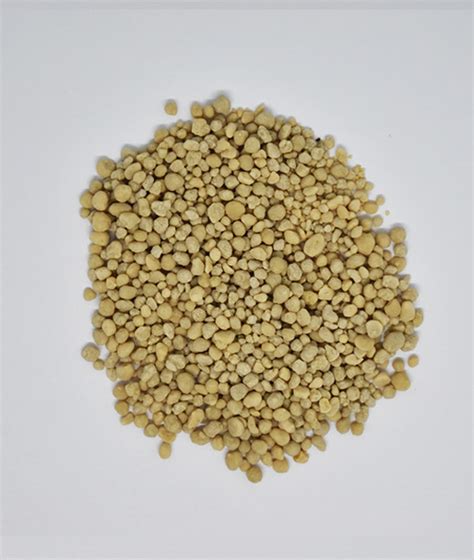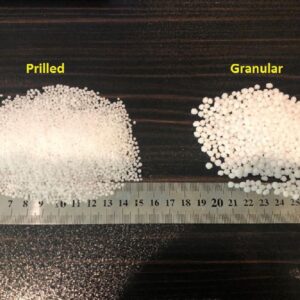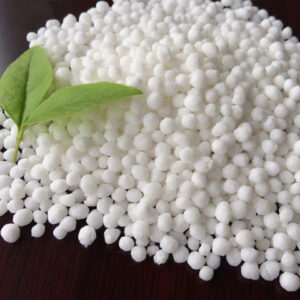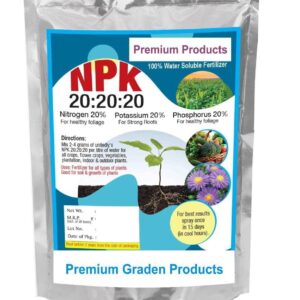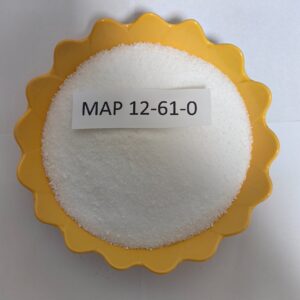What is Potassium Sulfate?
Potassium sulfate (K₂SO₄) is a premium fertilizer that supplies two essential nutrients—potassium and sulfur. It is highly effective for crops that are sensitive to chloride, making it an excellent alternative to potassium chloride.
Key Benefits
-
Improves plant drought resistance
-
Boosts crop yield and quality
-
Enhances disease resistance
-
Supplies both potassium and sulfur for balanced nutrition
Recommended Uses
Potassium sulfate is widely used for:
-
Cereals and grains for stronger stalks and better grain filling
-
Fruit crops like citrus, grapes, and mango for sweeter, higher-quality harvests
-
Vegetables such as tomato, onion, and cabbage for uniform growth
Application Guidelines
-
Field crops: 50–120 kg per hectare, depending on soil needs
-
Fruit trees: 200–500 g per tree during active growth
-
Vegetables: 20–40 g per plant at key growth stages
Best applied as a base dressing or through fertigation systems.
Safety and Storage
-
Store in a cool, dry place away from moisture
-
Safe for handling with no explosive risk
-
Compatible with most fertilizers but avoid mixing with highly alkaline materials
Why Choose Potassium Sulfate?
Potassium sulfate is the ideal fertilizer when crops need high-quality potassium without chloride. It ensures stronger plants, better yields, and long-term soil health.

